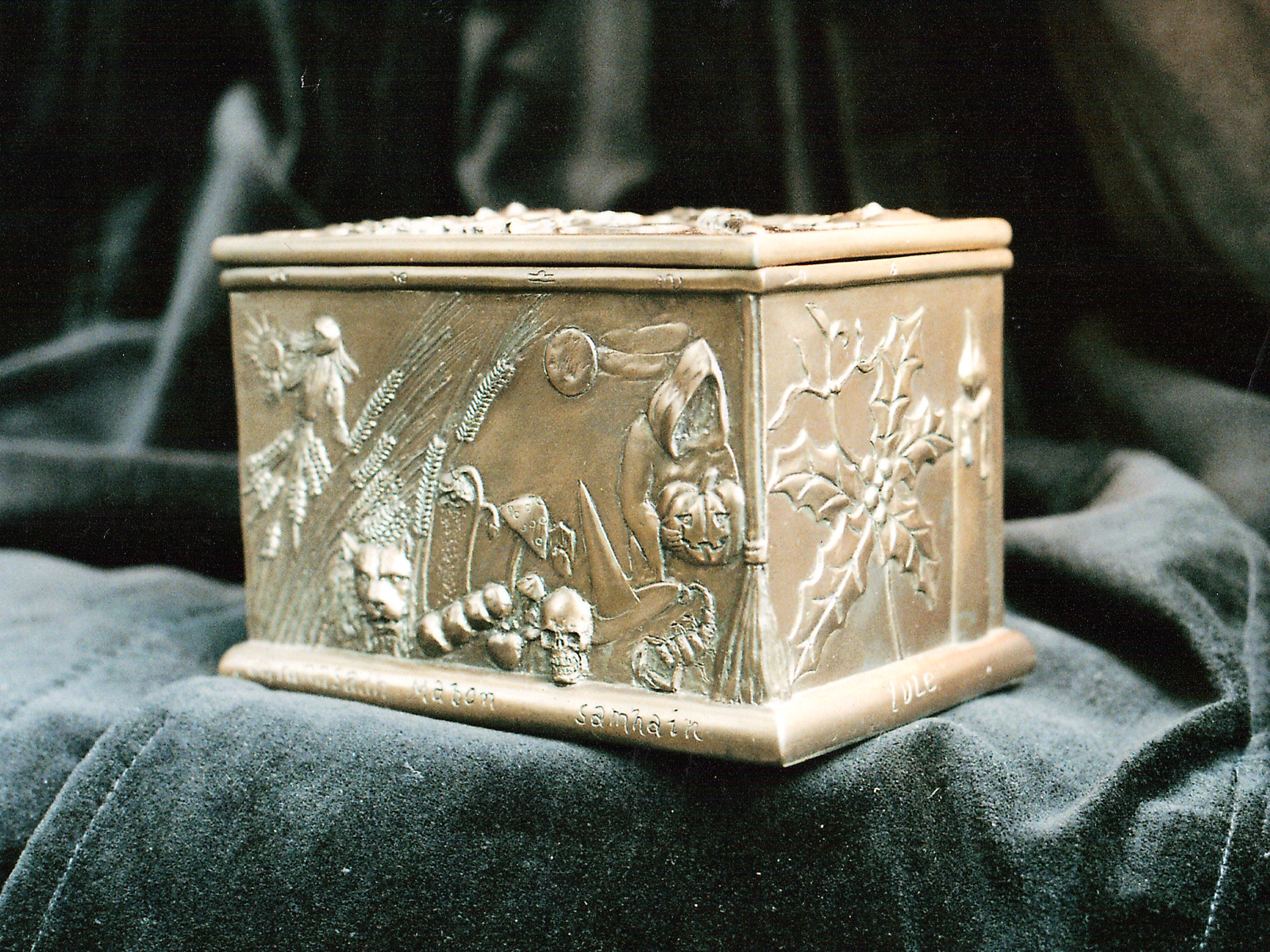Phrenology
Phrenology
As far back as records show in many different cultures, there has been a fascination with the essence of human kind and behavioral differences. As we all know, there is comfort to be gained in a methodology, practice or belief that claims to provide ‘proof’ of a hypothesis. We call this scientific. After all, it makes good sense to have evidence that can be proved objectively. No wonder therefore, that science based methods and procedures take precedence over many other areas of work both in funding and in showing quantifiable proof. However, science does not profess to hold all the answers to every question and it may be one of the reasons why psuedoscience (an area of investigation known not to be scientific as it lacks plausible evidence and scientific status) emerged. Caught under this heading are subjects such as Sociology, Psychology, Craniometry, Phrenology etc.
History
The term ‘phrenology’ taken from the Greek word ‘meaning brain’ was popularized by Johann Spurzheim (1776 – 1832) and today’s interest in the subject is largely due to the work undertaken by the German physician Franz Joseph Gall in 1796. Significant authors adding to the development are George Combe (1788-1858) and his brother, Andrew Combe (1797-1847) who initiated the Phrenological Society of Edinburgh. Further developments were brought about by Orson Squire Fowler (1809 – 1887) who spent much of his time in England, where interest in his ‘china head’ (depicting the areas of the brain) grew.
Phrenology in Brief
Broadly speaking, there is a belief by Phrenologists that the brain is the organ of the mind and that specific areas of the brain have predetermined functions. The bigger the section of the brain, the more proportional it will be to a persons propensities. So, if the area of the brain given over to kindness is very large, one can deduct that the person will be very kind, etc. One can argue that, in the event of anything better, it was worth considering that something other than science could hold much needed answers to the understanding of human kind and behavioral differences.
Method
A person sits in a chair allowing for their head to be unobstructed. The Phrenologist measures the head and feels it with their fingers and palms. They look for indentations and enlargements (bumps or hollows). The results are carefully measured and matched to the area of the head identified as a characteristic of the person. The results are carefully used to predict what type of personality the person is likely to have.
Phrenology Head Thesaurus:
FRONT: INTELLECT PERCEPTION – Understanding and assessment.
INDIVIDUALITY – Uniqueness;
ORIGINALITY – Innovation;
INTENTION – Objective/aim LOCALITY – ???
TIME – Instant/moment – past or present;
TUNE – Harmony – ability to tweak balance;
FORM – ???
SIZE – The measure of something;
WEIGHT – Load/mass
COLOUR – Influence – shade of good or bad;
ORDER – Organize/instruct
CALCULATION – The measure of – assessment;
LANGUAGE – Words/ actions/speech ability.
TOP:
HUMAN NATURE – Humanity;
BENEVOLENCE – Compassion/kindness;
RESPECT – admiration/deference;
STRENGTH – Power – depth/force of mind and body;
SELF ESTEEM – Self worth/respect;
FORCE – Drive – might/constrain;
JOY – Delight/happiness;
AMICABLE – Cordial/agreeable nature;
BEGIN – Embark on/set in motion;
SPIRITUALITY – religious/holiness/mysticism;
HOPE – Anticipate/wish/desire;
MORALITY – Ethics/integrity;
APPROVAL – Sanction/authorization/endorsement.
RIGHT:
WEALTH – Fortune/ affluence/Recourses;
CAUTION – Prudence/ vigilance;
CONSTRUCT – Compose/ Creativity;
ACQUISITIVENESS – Hoarding/ materialism/greed;
SECRETS – Clandestine/undisclosed/Covert;
COMBAT – Struggle/fight/conflict;
APPETITE – Craving/desire for food/taste;
DESTRUCTION – Obliteration/demolition/damage/devastation;
MASTOID PROCESS – ??
WELLBEING – Welfare/Comfort/happiness.
LEFT:
INTUITIVE ABILITY – Innate instinct/spontaneous actions;
REFLECTIVE REASONING – Reckoning/analysis;
MORAL & RELIGIOUS SENTIMENTS – Attitudes/outlook r on emotional subjects;
PERFECTING GROUP – Uncompromising/obsessive;
GREED – Self indulgence/ greediness.
BACK:
FRIENDSHIP SOCIABILITY – Comradeship/closeness;
AMOROUS –
CONTINUITY – Stability/permanence;
HOME – Father land/habitat;
FAMILY – Relations/dynasty/relatives;
OCCIPITAL SPINE – Centre/core/support of self:
DOMESTIC ATTAINMENT – Internal or family accomplishments.





Leave A Comment
You must be logged in to post a comment.